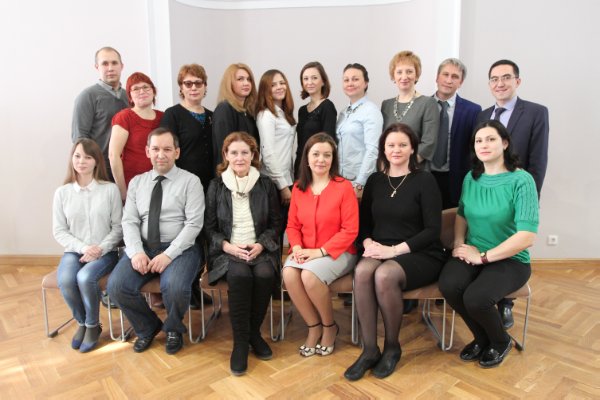
Kazan Federal University's Department of Fundamental Basis of Clinical Medicine was founded in 2012. Established recently, the Department follows the traditions of fundamental clinical medicine and their solid historical background.
Research at the Department of Fundamental Basics of Clinical Medicine is focused on:
History
Our researchers have always considered propaedeutics of internal diseases (translated from Greek as "an introduction to the therapy") to be the very basic core of clinical medicine science. Modern instrumental diagnostics methods are widely spread, but therapy is still comprised of its 5 classic methods: questioning, inspection, palpation, percussion, and auscultation.
The founder of Kazan's Propaedeutics School was an outstanding Russian scientist S.S. Zimnitsky. He was born on the 24th of December, 1873. At the age of 20, he successfully graduated from high school and was admitted to the Imperial Military-Medical Academy of Saint-Petersburg, from which he also successfully graduated later.
Under the guidance of S.S. Botkin, who was the son of another famous Russian physician, S.P. Botkin, he wrote several papers and obtained his Ph.D. degree in medicine in 1901. Four years later, the Russian-Japanese War broke out, and S.S. Zimnitskty went to the Far East, where he was in charge of a military hospital's therapeutic unit. During those rough times, the young specialist developed a progressive and innovative approach to soldiers treatment, and because of that, he was considered to be the founder of Russian military field therapy. After spending some time at the war front, he applied for a vacant position of medicine professor at Kazan State University and soon moved to Kazan, where after several years he founded the Department of Propaedeutics of Internal Diseases.
S.S. Zimnitsky gained his worldwide recognition after he published his works on nephrology, gastroenterology, and cardiology.